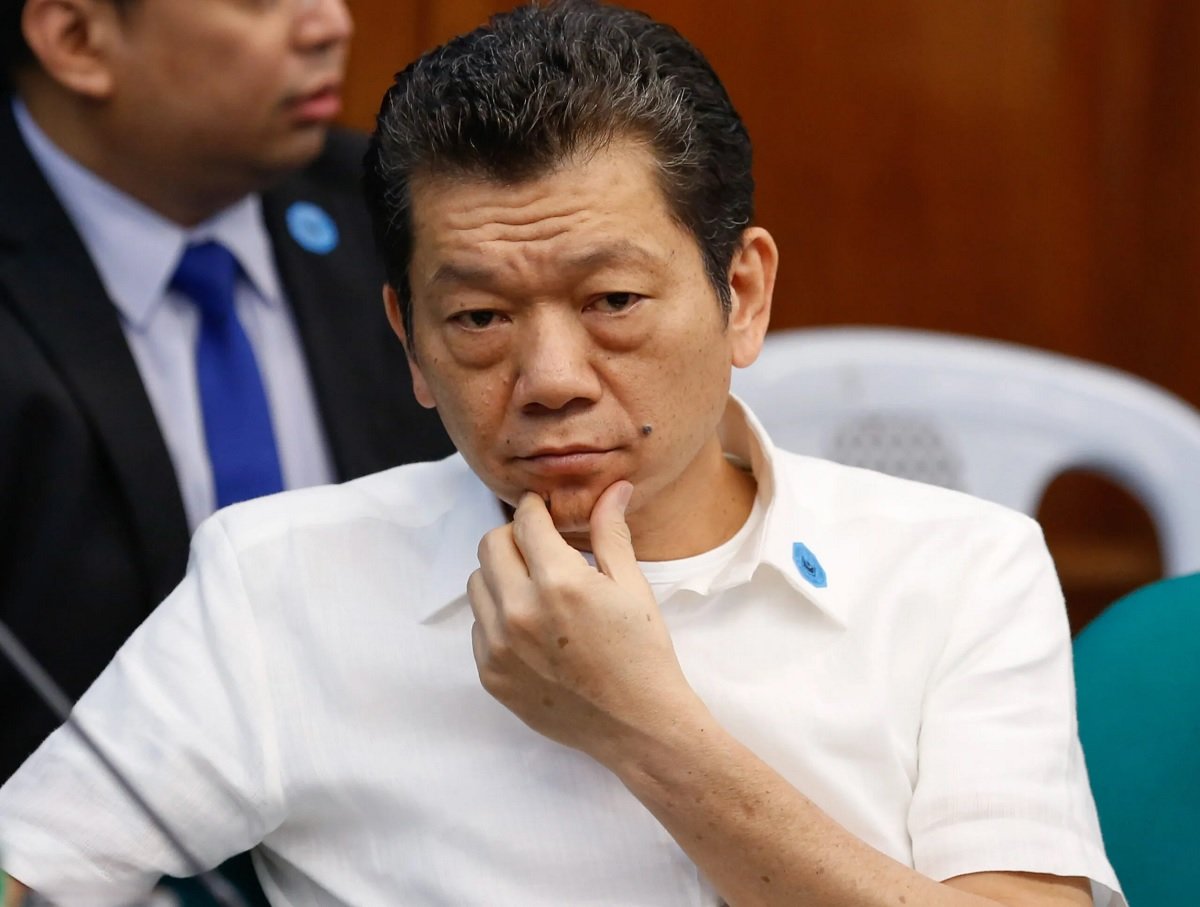Posted on: August 8, 2022, 04:53h.
Last updated on: August 8, 2022, 05:57h.
The Philippines Court of Appeals has upheld an order to unfreeze the bank accounts of a Chinese Filipino casino owner embroiled in 2016’s Bangladesh Bank heist.

Kim Wong owns the Eastern Hawaii casino resort in the Cagayan economic zone in the Philippines’ far north. In February 2016, US$21 million was wired to an account controlled by Wong from PhilRem, a local foreign exchange brokerage service used for remittances.
The money was part of the US$101 million stolen by cybercriminals from the Bangladesh Bank’s account at the New York Federal Reserve Bank.
How the Heist Went Down
The hackers introduced malware into the Bangladesh Bank’s servers. This helped them obtain credentials to authorize 35 requests for transfers from the New York Fed to accounts in the Philippines and Sri Lanka, totaling almost $1 billion.
Five of the 35 payments were processed before someone at the New York Fed smelled a rat and blocked further transactions.
Around $20 million ended up in Sri Lanka and was quickly recovered. The rest was transferred to four accounts at Philippines bank RCBC. The accounts had been opened the same day under false names.
At RCBC, the money was consolidated into one account and transferred to PhilRem. From there, $21 million was transferred to Wong, $29 million to Bloomberry Resorts’ Solaire resort in Manilla, and $31 million to a mysterious gambler named Weikang Xu, location unknown.
Wong told a Philippine Senate tribunal he had been told to expect the money by two high-rolling junket agents, Gao Shuhua and Ding Zhize, whereabouts are also unknown.
He claimed the two men owed him $10 million in gambling debts. The remaining $11 million was distributed among Gao and Ding’s junket clients. Wong was cleared by the tribunal and has repaid $15 million back to the Bangladesh Bank.
The appeals court this week upheld the ruling by the trial court. That court found no evidence that Wong had conspired with PhilRem to commit a crime or that he had prior knowledge that the money remitted by PhilRem belonged to the Bangladesh Bank.
The plaintiff in the case was the Philippines’ Anti-Money Laundering Council (AMLC).
What Happened to the Rest?
The money wired to Solaire was converted into chips by the casino for Gao, Ding, and Xu and washed clean at its high-stakes baccarat tables. None of this has been recovered.
Philippine authorities believe that Gao and Ding opened the fake RCBC bank accounts with the help of branch manager Deguito, the only individual convicted in the case. She is currently serving a seven-year sentence for money laundering. Wong was present when the accounts were opened, but he claims he was merely acting as an interpreter for Gao and Ding.
US and UN officials believe the heist was orchestrated by a North Korean hacking team responsible for the 2014 cyberattack against Sony Pictures.
The Bangladesh Bank has sued 17 entities and individuals in New York in a civil lawsuit to reclaim the missing money. Among those named are Wong, Bloomberry, PhilRem, RCBC, and several key members of its management.
